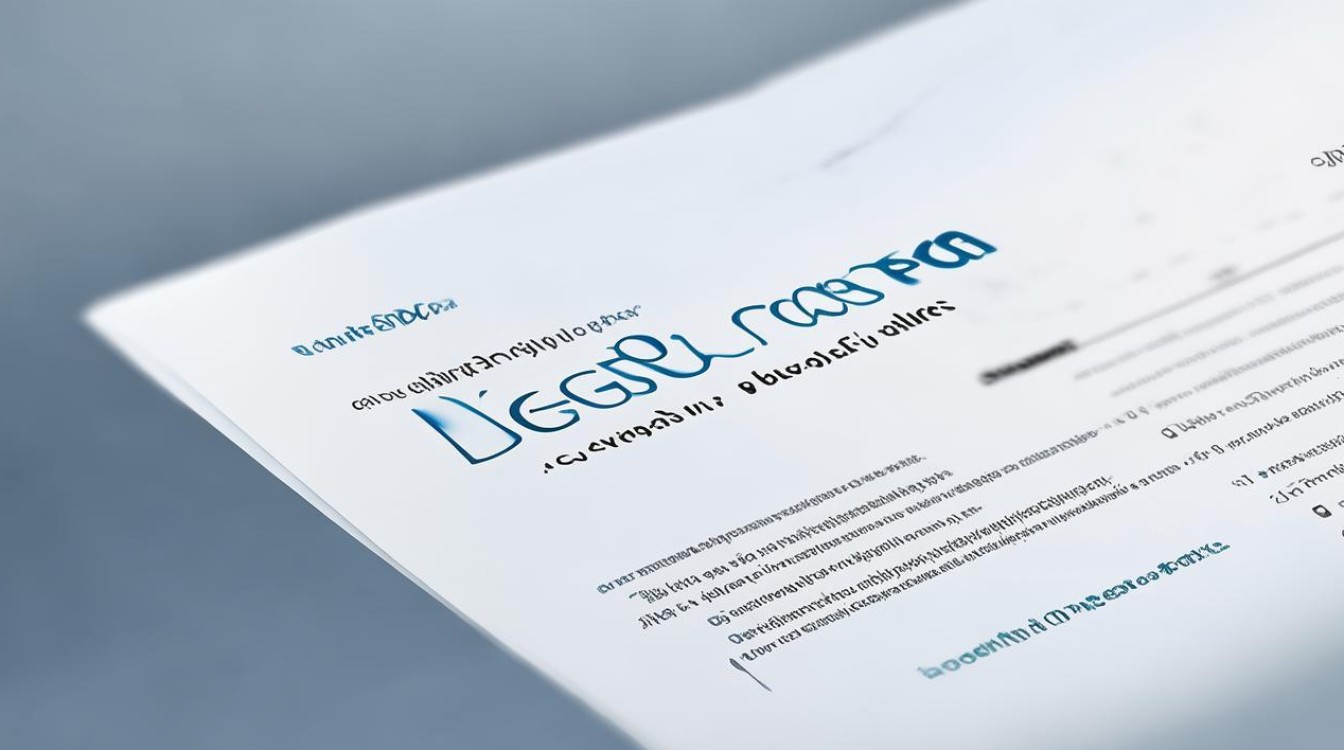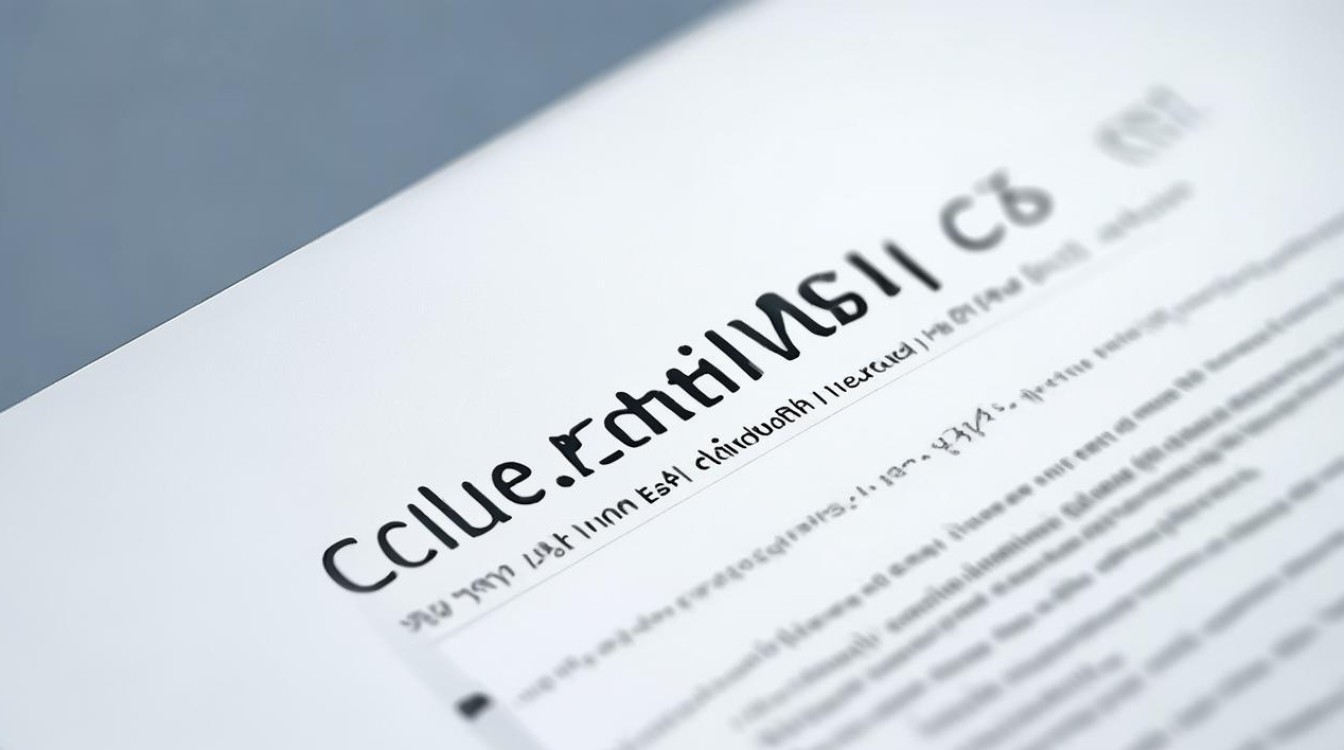英语专业四级考试(TEM-4)中的辩论作文是考查学生逻辑思维和语言表达能力的重要题型,这类题目通常给出一个争议性话题,要求考生选择立场并展开论证,掌握一套清晰的写作模板,能帮助考生快速组织思路,提升文章质量。

辩论作文基本结构
引言(Introduction)
开篇需简明扼要地表明立场,通常包含以下要素:
- 背景引入:用1-2句话概括话题背景,避免冗长。
- 明确观点:直接陈述支持或反对的立场,"I firmly believe that..."或"Contrary to this view, I argue that..."。
- 过渡句:简要预告论证方向,如:"This can be justified by analyzing...and..."。
示例:
"The rise of online education has sparked debates about its effectiveness compared to traditional classrooms. While some argue it lacks interaction, I contend that digital learning offers greater flexibility and accessibility. This essay will explore its advantages in resource distribution and personalized pacing."
主体段落(Body Paragraphs)
建议分为2-3段,每段聚焦一个分论点,采用"PEEL"结构:
- Point(观点):明确段落核心论点。
- Explanation(解释):用逻辑或数据阐明观点。
- Evidence(证据):引用研究、实例或权威观点支撑。
- Link(联系):关联回总论点,强化逻辑链条。
分论点示例:
Point: Online education breaks geographical barriers.
Explanation: Students in remote areas can access top-tier courses previously unavailable locally.
Evidence: A 2022 UNESCO report showed that 73% of rural learners improved academic performance through MOOCs.
Link: Thus, digital platforms democratize educational opportunities.
反驳段(Counter-Argument & Rebuttal)
高阶写法需预判对立观点并反驳,体现辩证思维:

- 承认对立观点:用"Admittedly, some may argue that..."过渡。
- 反驳:用"However, this overlooks..."或"Yet statistical data reveals..."削弱对方立场。
示例:
"Critics claim online learning reduces teacher-student interaction. While this may occur in poorly designed programs, advanced platforms now integrate live Q&A and AI feedback, ensuring real-time engagement comparable to physical classrooms."
Conclusion)
避免简单重复,应做到:
- 重申立场:换用新表述强调核心观点。
- 升华意义:指出讨论的深层价值或未来展望。
示例:
"Embracing online education is not merely a technological shift, but a step toward inclusive learning. As digital tools evolve, they will further bridge gaps in global education systems."
高分技巧
语言表达
- 多样性:避免重复词汇,如"important"可替换为"crucial/vital/pivotal"。
- 学术性:使用"demonstrate""illustrate"等动词,少用"think""feel"。
- 衔接词:段落间用"Furthermore""Conversely""Notwithstanding"等过渡。
逻辑严谨性
- 避免绝对化:慎用"always/never",改用"tend to""in most cases"。
- 数据支持:虚构数据时注明"hypothetical",如"Assuming a survey of 1,000 students..."。
常见话题分类
- 教育类:在线教育、考试制度、学科选择。
- 科技类:人工智能、社交媒体、隐私保护。
- 社会类:环保责任、城市化、代际差异。
实战模板应用
Should universities abolish mandatory attendance?"为例:
Introduction:

"University attendance policies have long been contentious. Proponents argue they ensure discipline, but I maintain that compulsory attendance stifles autonomy and hampers efficient learning. This essay will analyze its limitations in fostering self-management and catering to diverse learning styles."
Body 1:
"Mandatory attendance fails to accommodate individual learning preferences. Research by Cambridge University (2021) found that 68% of students absorb information better through self-paced study. For instance, visual learners often benefit from replaying recorded lectures rather than sitting through live sessions."
Body 2:
"Such policies also neglect practical constraints. Part-time students or those with family responsibilities may struggle to adhere to rigid schedules. A Harvard Business Review case study highlighted how flexible attendance increased graduation rates by 22% among non-traditional learners."
Counter-Argument:
"Some educators insist attendance prevents procrastination. While this may apply to a minority, the solution lies in designing engaging curricula rather than enforcing presence. Studies show participation rates correlate more strongly with course quality than compulsory measures."
Conclusion:
"Abolishing attendance mandates empowers students to take ownership of their education. Universities must transition from monitoring presence to evaluating outcomes, aligning with modern pedagogical priorities."
个人观点
辩论作文的核心在于展示批判性思维而非单纯输出观点,考生需平衡说服力与客观性,通过清晰的结构和精准的语言传递逻辑,模板是框架,但填充的内容必须体现独立思考——这才是阅卷者评判高分的关键。



